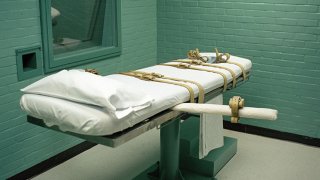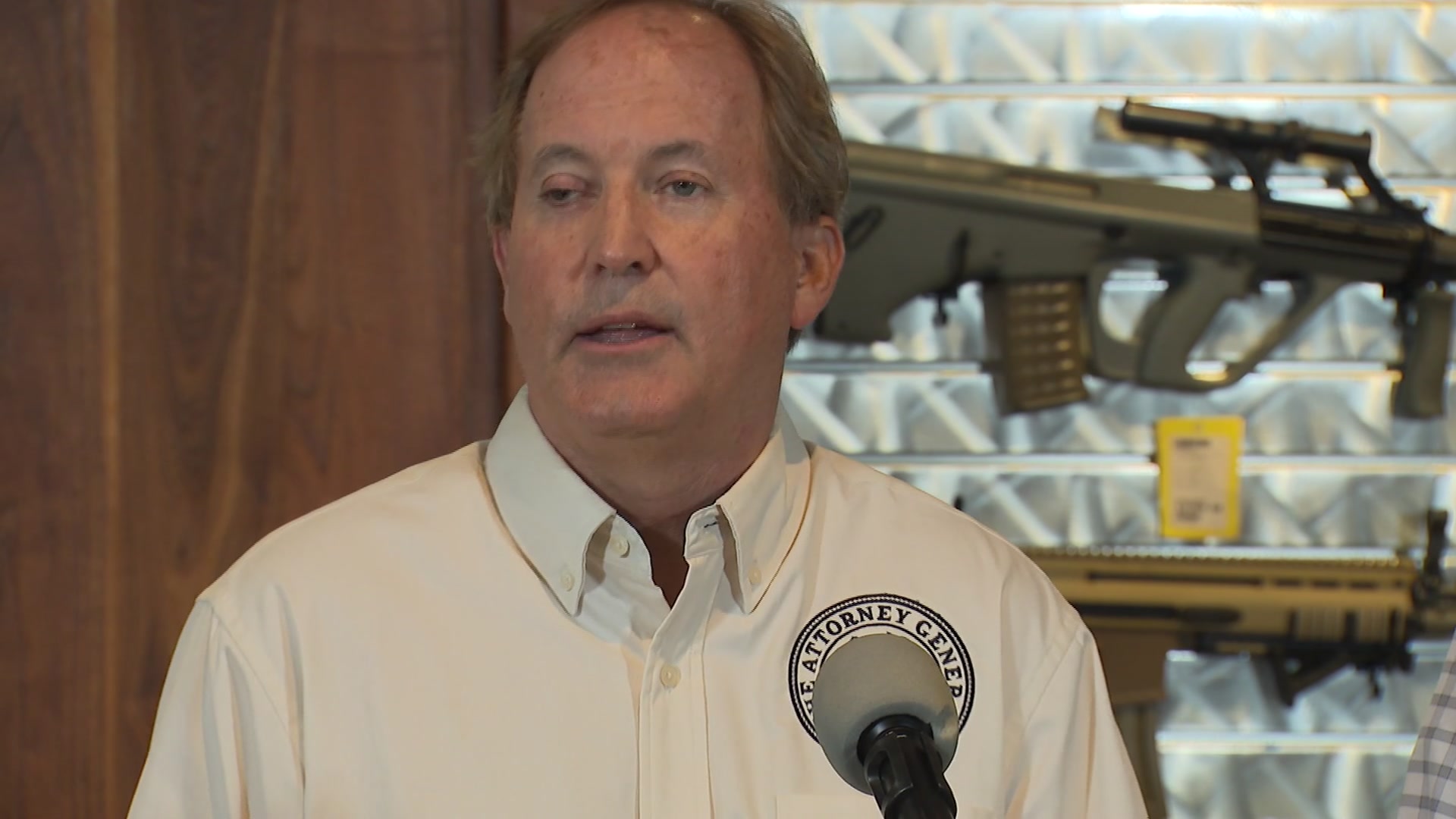
Conservative Supreme Court justices expressed skepticism Tuesday about a Texas death row inmate's demand that a chaplain be allowed to pray out loud and touch him during his execution.
Executions in Texas, the nation's busiest death penalty state, have been delayed while the court considers the question. The outcome won't take anyone off death row but could make clear what religious accommodations officials must make for inmates who are being put to death.
Members of the court's conservative majority suggested that requiring Texas to accommodate the inmate's request could lead to a string of cases asking other accommodations. A lawyer for the inmate said he would be content to have his spiritual adviser touch his foot during his execution, but justices questioned what requests might come next.
“What's going to happen when the next prisoner says that I have a religious belief that he should touch my knee. He should hold my hand. He should put his hand over my heart. He should be able to put his hand on my head. We're going to have to go through the whole human anatomy with a series of cases,” Justice Samuel Alito said.
Get top local stories in DFW delivered to you every morning. >Sign up for NBC DFW's News Headlines newsletter.
Chief Justice John Roberts and Justice Brett Kavanaugh also expressed concerns about what ruling for the inmate would mean for requests in the future, with Kavanaugh asking whether all states would have to follow a single state's accommodations.
What if, he asked, one state “allows bread and wine in the execution room right before the execution" or allows the minister to “hug the inmate." Do other states have to do that?
Kavanaugh suggested that if the justices rule for the Texas inmate, “this is going to be a heavy part of our docket for years to come.”
Texas News
News from around the state of Texas.
The case before the justices involves John Henry Ramirez, who is on death row for killing a Corpus Christi convenience store worker during a 2004 robbery. Ramirez stabbed the man, Pablo Castro, 29 times and robbed him of $1.25.
Ramirez's lawyers sued after Texas said it would not allow his minister to pray audibly and touch him as he is being given a lethal injection. Lower courts had sided with Texas, but the Supreme Court halted his Sept. 8 execution to hear his case.
Texas says an inmate's spiritual adviser may pray with and counsel him until he is taken into the execution chamber and restrained on a gurney. But Texas says that after that, while the spiritual adviser is nearby, he can't speak to or touch the inmate.
"An outsider touching the inmate during lethal injection poses an unacceptable risk to the security, integrity, and solemnity of the execution," Texas has told the justices.
Texas also says Ramirez's request is just another attempt to delay his execution.
Ramirez's attorneys, for their part, told the court that a federal law that protects the religious rights of prisoners requires the state to allow his pastor to audibly pray and lay hands on him as he is put to death.
“These ministrations are deeply rooted in petitioner’s sincere religious beliefs and reflect the fundamental importance of prayer, song, and human touch as powerful expressions of Christian faith. To deny them imposes a substantial burden on petitioner’s free exercise of religion,” they have told the court.
The Biden administration has also weighed in. It noted that under the Trump administration the federal government carried out 13 executions in six months at the federal execution chamber in Terre Haute, Indiana. During those executions, which also made news for likely acting as coronavirus superspreader events, at least six religious advisers spoke or prayed audibly with inmates in the execution chamber. In at least one case there was brief physical contact.
“The federal government has long sought to accommodate inmates’ religious practices when carrying out capital sentences,” said the administration, which has halted all federal executions.
The administration says its practices are consistent with those of other states including Alabama, Georgia and Oklahoma. It also says news reports and other evidence show Texas itself long allowed chaplains to engage in audible prayer and sometimes physical contact with inmates during executions.
The Supreme Court has confronted the issue of ministers in the death chamber on several occasions in recent years. In 2019, two inmates asked the justices to halt their executions over states' refusal to allow their spiritual advisers in the execution chamber. Wrestling with the issue, the high court let one execution go forward but blocked the other, of Texas inmate Patrick Murphy.
At the time of Murphy's scheduled execution, Texas allowed state-employed religious advisers to be present in the execution chamber but only employed Christian and Muslim advisers, not anyone who was Buddhist, Murphy's faith. Justice Kavanaugh wrote that Murphy wasn't being treated equally.
Texas responded by barring all clergy from the execution chamber, but inmates responded with additional lawsuits. Texas ultimately changed its policy in 2021 to allow both state-employed chaplains and outside spiritual advisers who satisfy certain screening requirements to go into the execution chamber.
The unresolved legal debate over whether spiritual advisers can touch inmates and pray aloud as condemned individuals are being put to death has delayed the final two executions scheduled this year in Texas.
Last month judges rescheduled the executions of Kosoul Chanthakoummane, who was to die Nov. 10, and Ramiro Gonzales, who was set for Nov. 17. Gonzales’ new execution date is July 13 of next year, while Chanthakoummane’s is Aug. 17.



